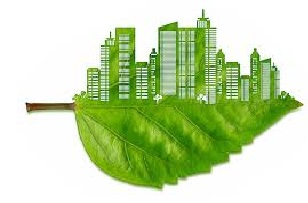All the proposed metro rail stations being built under Corridor I (Danapur to Khemnichak) and Corridor II (Patna Junction to Patliputra Bus Terminal) will be green buildings with provisions to conserve energy and rainwater, and enable a sustainable environment.
Delhi Metro Rail Corporation (DMRC), the nodal agency for the Patna metro rail project, is taking measures to curb air pollution during the construction works across the city and design the stations as eco-friendly structures by following green norms in order to utilize natural resources and local products more effectively.
“All the 24 upcoming elevated and underground metro stations under the Patna metro project are being designed as green buildings. These buildings will have rooftop solar panels, rainwater harvesting and waste management facilities. The initiative will prove beneficial for preservation of the environment. We are also following green practices during construction work,” a DMRC official said.
“There is a temporary advancement in the levels of pollution around the construction sites, such as suspension of dust, production of construction waste, emissions of particulate matter, soil and mud lying around the site, soil pollution due to excavation of earth, noise pollution and wastage of water. This can create a lot of disturbance for the commuters apart from degrading the environment.
To prevent this, the DMRC has adopted various green practices to reduce the adverse effects on environment, including wheel wash facility, mist spray dust suppression, noise and air monitoring, zero water discharge use of bio toilet, translocation of trees and soil conservation,” the official added.
Apart from roof panels, provisions will be made for landscapes with vegetation, less water-consuming plant species, insulated building envelopes for improved energy efficiency, adequate ventilation facilities for fresh air, health-friendly paints and low water consuming fixtures.

